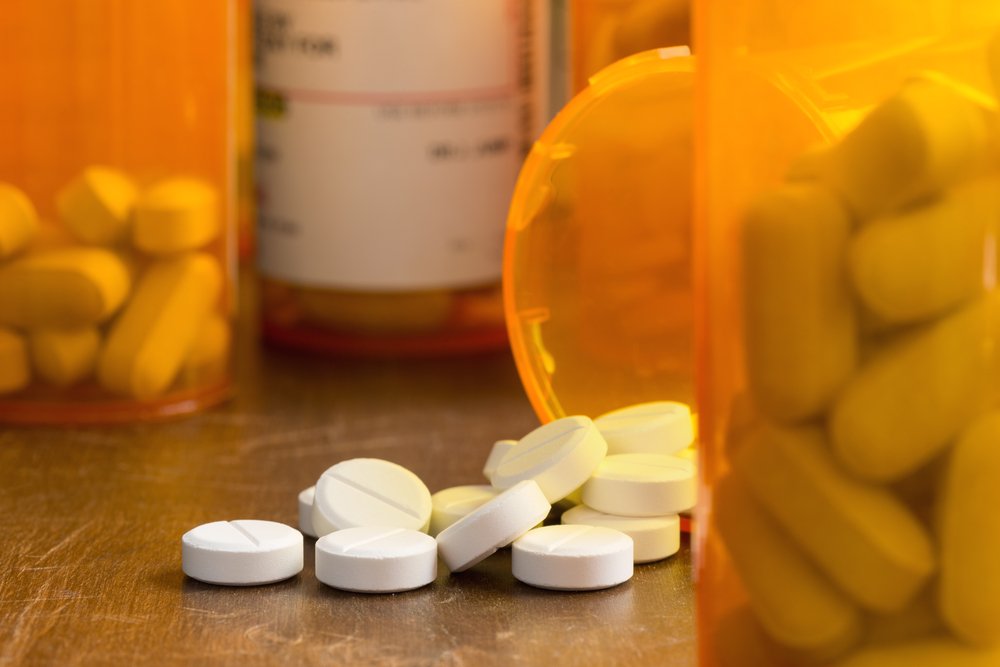Lipoic Acid, an Over-the-counter Antioxidant, Seen to Slow Brain Atrophy in SPMS Patients
Written by |

The over-the-counter antioxidant lipoic acid slowed brain deterioration in patients with secondary progressive multiple sclerosis (SPMS), according to a pilot study.
An Oregon Health & Science University research team conducted the study, “Lipoic acid in secondary progressive MS.” It was published in the journal Neuroimmunology and Neuroinflammation.
A hallmark of SPMS is increasing disability. This form of the disease follows a less severe form known as relapsing-remitting MS (RRMS). There are few treatment options for SPMS.
The body produces lipoic acid, also known as oalpha lipoic acid, to help break down nutrients to generate energy. Companies also manufacture the antioxidant as a dietary supplement or drug. It is sold over-the-counter in a number of countries.
Oregon researchers’ two-year, randomized, double-blind study covered 51 patients with SPMS. Twenty-seven of the participants received a daily dose of 1,200 milligrams of lipoic acid, while 24 received a placebo.
Those who took lipoic acid had 68 percent less brain deterioration than those who took a placebo, researchers said. The team used magnetic resonance imaging, or MRI, to measure brain tissue loss.
Researchers also noticed improved walking times and fewer falls in the lipoic acid group. They hope to confirm the findings in a larger, multicenter clinical trial to begin later this year.
Lipoic acid was safe and well-tolerated at the dose used, with the most common side effect being upset stomach, the research team said.
“These are high doses,” Dr. Rebecca Spain, assistant professor of neurology at the medical school and the study’s lead author, said in a press release. “And while it seems safe, we won’t know whether it actually improves the lives of people with MS until we can replicate the results in the pilot study through a much bigger clinical trial. Fortunately, we’re going to be able to answer that question with the participation of kind volunteers.”

